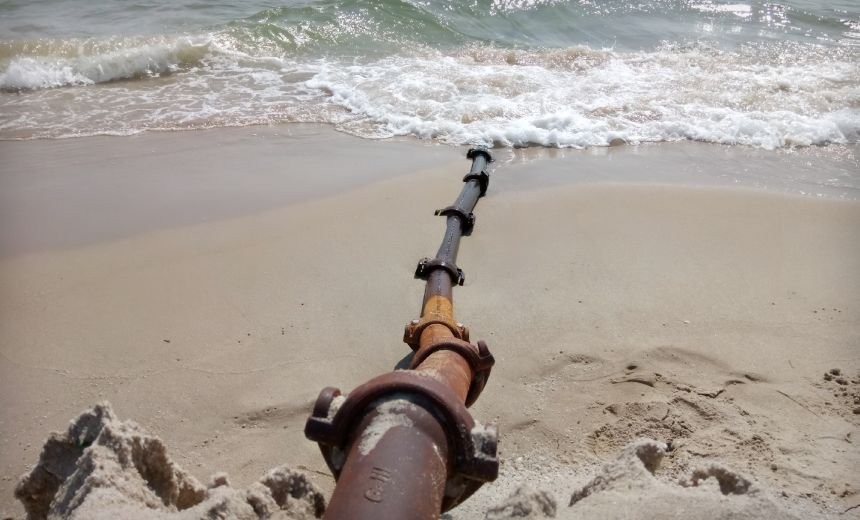Critical Infrastructure Security
Bipartisan Bill Seeks Sanctions and Industry Coordination to Defend Undersea Cables

U.S. lawmakers are aiming to give the federal government a more significant role in defending against cyber and physical attacks on the subsea fiber-optic cables that carry virtually all global internet traffic amid growing concerns over suspected interference by China and Russia.
See Also: Going Beyond the Copilot Pilot – A CISO’s Perspective
The “Strategic Subsea Cables Act of 2025,” introduced by Sens. Jeanne Shaheen, D-N.H., and Senate Majority Whip John Barrasso, R-Wyo., would induce the Department of State to develop more expanded engagement with global efforts to protect undersea cables. It would allow the Department of Treasury to cut off from the dollar-settling system any foreign person responsible or complicit in damaging a cable.
The bill also seeks to fortify U.S. defenses against cable disruptions and sabotage attempts, which officials say have become more frequent in the Baltic Sea, the Taiwan Strait and other global hot spots.
The proposal marks one of the most significant congressional efforts in recent years to address growing threats to subsea cables. Underwater fiber optic cable carries more than 95% of digital communications but is governed by a complex web of international bodies, private-sector arrangements and voluntary security practices. Lawmakers said the bill responds to a series of incidents involving subsea cables, citing cuts documented in Europe and the Indo-Pacific over the past year (see: Breach Roundup: Russia Suspected of Severing Undersea Cables).
Shaheen said in a statement the United States must be ready for malicious activity and the cascading national security and economic effects that can follow attacks on subsea cables.
“Subsea fiber-optic cables form the bedrock of global internet traffic and are strategic, critical infrastructure,” the senator said.
The legislation begins with a congressional findings about the global landscape, referencing NATO coordination efforts in late 2024, European Union cable security measures announced in February 2025 and regional frameworks adopted by Southeast Asian nations. The bill’s first major provision directs the U.S. to take a more active role in global coordination efforts and to increase its presence within international cable governance bodies, including the International Cable Protection Committee.
If passed, the legislation would require the State Department to present Congress with an assessment of how U.S. delegations can more effectively shape norms, standards and resilience planning. The department would also have to report on how China uses its engagement within the ICPC and similar bodies, outlining how Beijing’s activity intersects with U.S. national security priorities.
A separate report required under the bill would also specifically assess Chinese and Russian cable activity. The secretary of state would have to deliver a review detailing observed or attempted severing operations at depths of 4,000 meters or more, along with any suspicious behavior linked to Beijing and the Kremlin.
The legislation requires a report within 90 days explaining how the U.S. plans to prioritize information-sharing across international bodies and with private industry partners that own the world’s cable systems.
The bipartisan pair of senators who introduced the legislation said the bill would help embed cable security within core U.S. foreign policy functions, expand visibility into adversarial actions undersea and give the federal government a more defined leadership role in preparing for disruptions that could ripple across global communications.
“Subsea fiber-optic cables are a lifeline for international communication, including internet access, financial transactions and military coordination,” Barrasso said. “China, Russia and other adversaries continue to target these cables in hopes of disrupting communications in Taiwan and for our allies across Europe and the Middle East.”
